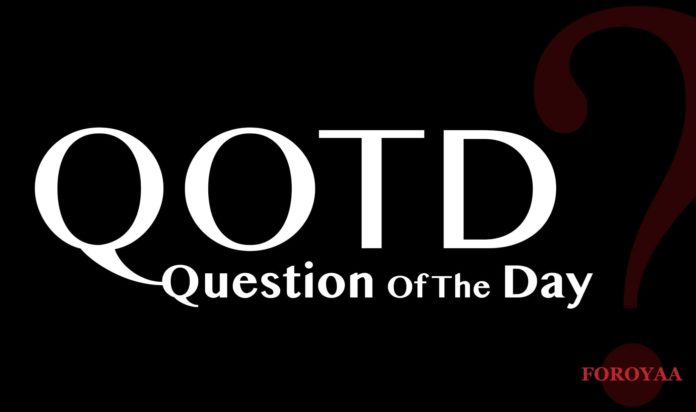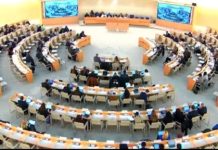The Gambian people should bear in mind that the regulations under the state of Public Emergency should be designed to prevent the virus from spreading.
Notwithstanding, those measures that may have socio- economic implications in terms of reducing the income and living standard for given sectors of society should be assessed. How to address the negative impact should be of concern to all those who are ready to fight the virus without increasing the hardship of the people.
The second regulation is cited as “Restrictions On Public Transportation Emergency Powers Regulations, 2020.”
The regulation limits the number of passengers “to not more than half the number of passengers that the vehicle is licenced to carry; ‘’
The vehicle must be cleansed and disinfected three times a day;
A driver of four -seater commercial vehicle is required to carry a maximum of three passengers.
Transport carrying Commercial goods shall carry one more person along with the driver.
Fares of commercial vehicles are frozen; Private vehicles are restricted to one half the usual capacity of the vehicle;
Riders are not allowed to carry any passenger except in the case of a health emergency;
Garages and car parks should be cleansed and disinfected twice a day by councils which should provide hand washing facilities;
Only drivers and their apprentices should be in pickup areas;
Ferries and Canoes should operate between 6 and 7 pm except to handle health emergency; they must carry maximum of half the usual capacity; provide protective gears; disinfect the boats in each trip;
Waiting area should be disinfected, personal hygiene including hand washing should be maintained and safe spacing should be encouraged
Air flights are suspended except for approved medical and special flights. Temperature of arriving passengers must be checked, all arriving and departing aircraft must be disinfected; Sanitizers and hand washing facilities should be provided.
The commercial vehicles and canoes are likely to experience economic hardship. Hence measures such as reduction of fuel prices and elimination of other fees for licensing should be encouraged. Compensation should also be considered for losses. This is the way to give the regulation an anti-poverty character.




















